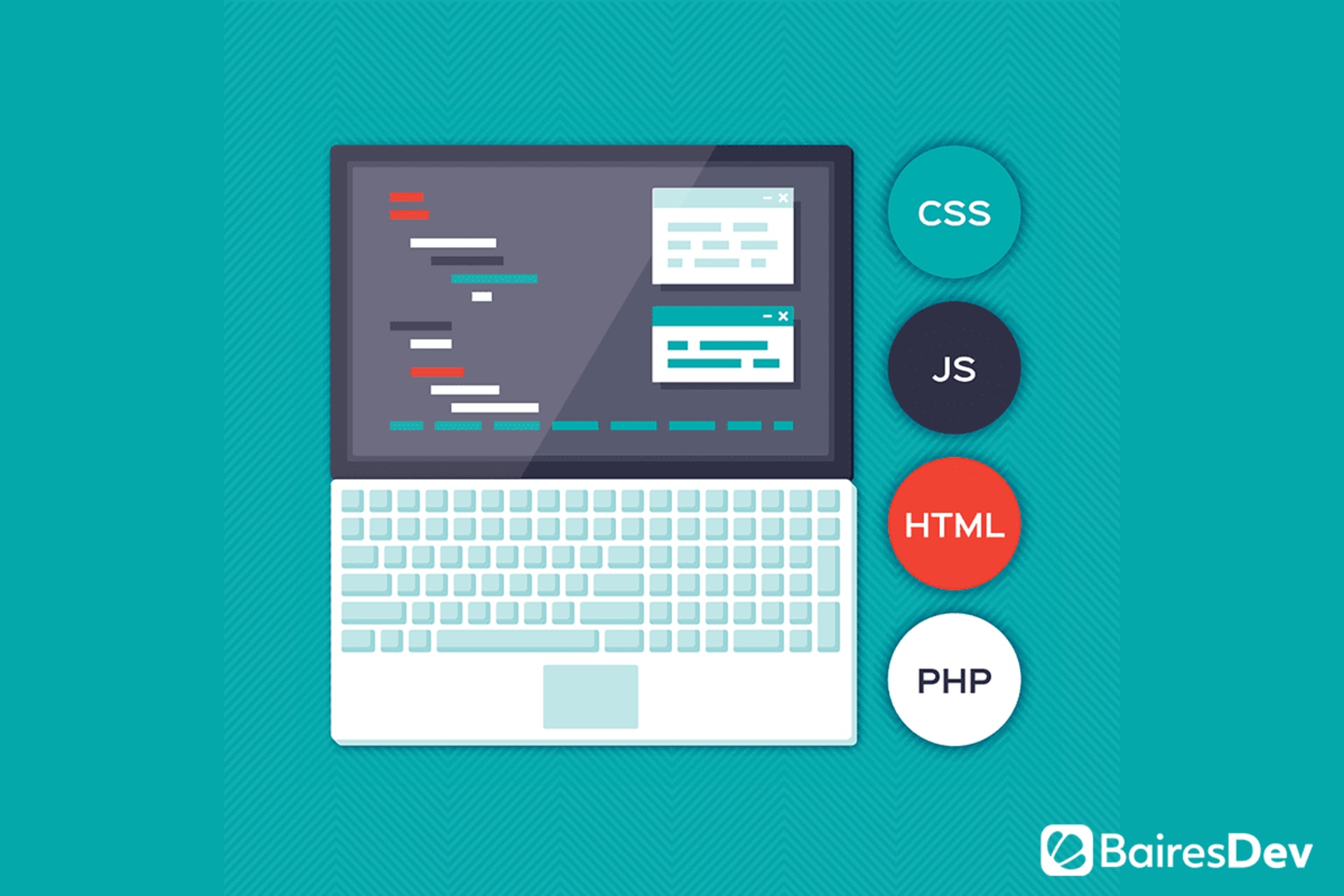2021 could be a real breakout year for your business. You spent the better part of 2020 retooling everything so that your company ran more efficiently and was able to produce more with less. This year should give you the opportunity to benefit from that fine-tuning.
But that doesn’t mean you should sit back and rest. Oh no. You need to keep your company moving forward, building on the momentum you’ve created to expand even further. That means your software engineers will need to keep focusing on improving what they do and how they do it. For that, those developers will need to keep adding new frameworks into the mix. This is especially so with a language like PHP.
PHP has become one of the most widely-used programming languages on the planet. Why? Two words: web applications. Web apps have completely reinvented the way users interact with websites, and your company should be making use of them.
In order to successfully develop and deploy web applications, your developers will need to employ one or more PHP frameworks.
What is a PHP framework?
Before we get into the actual frameworks you should be considering, let’s first understand what a framework is. Simply put, a framework is software, developed by and used by software engineers, that makes the process of creating applications more efficient. Frameworks make it possible for software engineers to use (and re-use) pre-built bits of code (such as libraries), so they don’t have to create everything from scratch.
Think of it this way. When you shop at a store like Ikea, they set everything up according to rooms. But they take this one step further and actually decorate showrooms according to function. So you’ll have a show bedroom, filled with furniture and other bits that create a complete look. You can then pick and choose from that room the pieces you want.
You don’t have to build every piece of furniture by hand (as Ikea makes the construction simple). You simply select “Bed X,” “Dresser X,” and “Nightstand X.” However, there might be another show bedroom set up with “Bed Y,” “Dresser Y,” and “Nightstand Y.” You could mix and match to create the perfect look that you want. You could even re-use those items, adding new bits, and create a completely different look.
That’s kind of how a framework functions…only with code. These tools make it exponentially easier for developers to create the software your company needs to function in today’s incredibly competitive market.
The main benefits of a framework are:
- Faster development lifecycle.
- Less original code to create.
- Plenty of available libraries for common tasks.
- Learn (and follow) coding best practices.
- Higher security.
- Code is easier to maintain.
With that said, what are some of the frameworks you should be using in 2021?
CakePHP
This framework has been around for a while, and yet is still one of the most popular in use today. This is because its creators have done a great job of keeping CakePHP relevant to the needs of modern development. CakePHP is quite easy to install and learn. In fact, configuration with CakePHP is quite minimal, so getting this framework up and running will be a no-brainer for your developers.
CakePHP is a great option for applications that require high levels of security. With support for things like SQL injection prevention, cross-site request forgery protection, and cross-site scripting protection, this PHP framework is ideal for large business applications. If you’re looking for a PHP framework that includes the likes of modularity, the ability to create standalone libraries, proper class inheritance, validation, password hashing, safeguarding form data, CSRF protection, and very fast build times, CakePHP might be what you’re looking for.
CodeIgniter
CodeIgniter is a lightweight framework that has a very minimal footprint (coming in at a mere 2MB). Thanks to a number of pre-built modules (purpose-built for strong/reusable components), this particular PHP framework is an outstanding option for creating dynamic websites.
CodeIgniter is one of the fastest frameworks on the market and enjoys high levels of security, strong encryption, easy error handling, and a very shallow learning curve. And because CodeIgniter is well documented, which means there’s tons of information available to help your developers get up to speed. The one caveat to CodeIgniter is that updates don’t happen on a regular basis, which might not be the best option for a company looking for the most secure framework on the market.
FuelPHP
The one major selling point of FuelPHP is that it isn’t limited to the basic Model-View-Controller pattern, as it can also work with the Hierarchical-Model-View-Controller pattern. The addition of the second pattern adds another layer between the Controller and the View, which allows for better code organization, more modularity, and extensibility, and encourages code reuse. This framework is community-driven and has seen over 300 contributors during its lifetime.
FuelPHP is also one of the more secure PHP frameworks on the market, thanks to features like output coding, CSRF protection, and Input/URI/XSS filtering. Other features found in FuelPHP include a URL routing system, a built-in system for caching, and vulnerability protection.
Laravel
Laravel is often called the “PHP Framework for Web Artisans” and is one of the newer PHP frameworks on the market. It’s also one of the most popular. Why? Simply put, Laravel is capable of handling very complex web applications with speed and security no other framework can match. While making it possible to create incredibly complex web applications, Lararvel also reduces the inherent intricacies of common tasks, including authentication, queuing, routing, and sessions.
With the help of Laravel Homestead (an official pre-packaged, all-in-one Laravel Vagrant box), you can be up and running with this framework in no time.
As far as security is concerned, Laravel has you covered with modules and features including authentication, authorization, email verification, encryption, hashing, and password resetting.
Symfony
Symfony is one of the most popular PHP frameworks for building both websites and web apps that require scalability. This is a very flexible framework that allows the developer to choose what components are needed for a particular project.
Symfony is well-known for being one of the more “database friendly” frameworks on the market, with support for Drizzle, MySQL, Oracle, PostgreSQL, SAP Sybase SQL Anywhere, SQLite, and SQLServer. Symfony also includes over 4,000 packages that are available to download and use.
One of the biggest selling points for enterprise-class developers is that Symfony is backed by Sensio Labs, which offers professional support and includes Long Term Release (LTS) candidates that include 3 years of support.
Conclusion
No matter your needs, there is a PHP framework out there for you, ready to help make your developer’s lives more efficient and easier. And this list just scratches the surface. If you can’t find a framework listed here that suits your project, ask any PHP developer and they’ll point you in the right direction.
If you enjoyed this, be sure to check out our other PHP articles.










